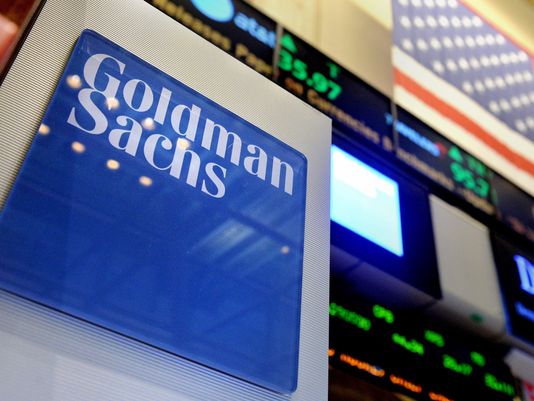Goldman didn’t get IPIC board’s approval for $2.4b bond issue

(The Straits Times) – Global banking giant Goldman Sachs – which arranged several multibillion-dollar bond issues tied to scandal-plagued 1Malaysia Development Berhad (1MDB) – proceeded with at least one fund-raising exercise without approval from the board of directors of the bond’s chief guarantor, Abu Dhabi’s state-owned International Petroleum Investment Company (IPIC).
Board resolutions are a basic prerequisite for corporate entities before they undertake any material transaction that introduces risk.
But in the case of the US$1.75 billion (S$2.4 billion) IPIC-guaranteed bond that Goldman Sachs raised for 1MDB in 2012, senior financial executives close to the situation told The Straits Times that the funding exercise proceeded chiefly on the back of approvals from senior IPIC officials like its then chief executive Khadeem Al Qubaisi.
The executives said Goldman Sachs also relied on correspondence between senior IPIC executives and high-ranking Malaysian government officials to clear approval hurdles from its internal and external compliance teams.
The bank acknowledged an IPIC board resolution was not obtained for the bond issue. “The firm relied on documents provided by IPIC executives and legal opinions of outside counsel evidencing IPIC’s authority to enter into the guarantee,” Goldman Sachs said in a written response to The Straits Times. The US banking concern, which received over US$600 million in fees from the 1MDB bond deals, did not elaborate and declined further comment.
The fact that Goldman Sachs decided to proceed with the international bond issue without approval from the IPIC board is set to increase scrutiny of the role the US bank played in what is widely regarded as one of the world’s biggest financial scandals involving the sovereign funds of Malaysia and Abu Dhabi.
Malaysian Prime Minister Mahathir Mohamad’s new government on Monday filed a criminal suit in the Kuala Lumpur High Court against Goldman Sachs for alleged theft of billions of dollars that were diverted from 1MDB. It is not clear if the board resolution matter is part of the suit.
“The big issue Goldman (Sachs) will have to establish is whether the other supporting documentation was equal to or greater than a board approval. And also, why it simply did not secure one,” said a former executive of a listed company that was involved in the bond issue. He declined to be named.
Abu Dhabi government officials did not respond to requests for comment on why IPIC committed itself to the guarantees without board approval.
The IPIC-guaranteed 1MDB bonds, raised between 2012 and 2013 and collectively amounting to US$6.5 billion, are central pieces in the global money-laundering scandal that is the focus of an international investigation led by the United States Department of Justice.
QUESTIONS TO ANSWER
The big issue Goldman (Sachs) will have to establish is whether the other supporting documentation was equal to or greater than a board approval. And also, why it simply did not secure one.
A FORMER EXECUTIVE, from a listed company involved in the bond issue, on Goldman Sachs going ahead with the issue without approval from the IPIC board.
Goldman Sachs arranged bonds in two equal tranches of US$1.75 billion that were intended to finance 1MDB’s investments in the power sector, and another US$3 billion to fund so-called strategic economic activities for Malaysian and Abu Dhabi interests.
The US Department of Justice has alleged in civil suits against 1MDB that close to US$2.7 billion of the monies raised in the bond issues was embezzled and diverted into accounts controlled by Malaysian financier Low Taek Jho, who was central in establishing the close ties between the Malaysian and Abu Dhabi governments. About US$680 million was allegedly diverted into the personal bank account of former premier Najib Razak, who is facing corruption charges in Malaysia for his role in the scandal.

